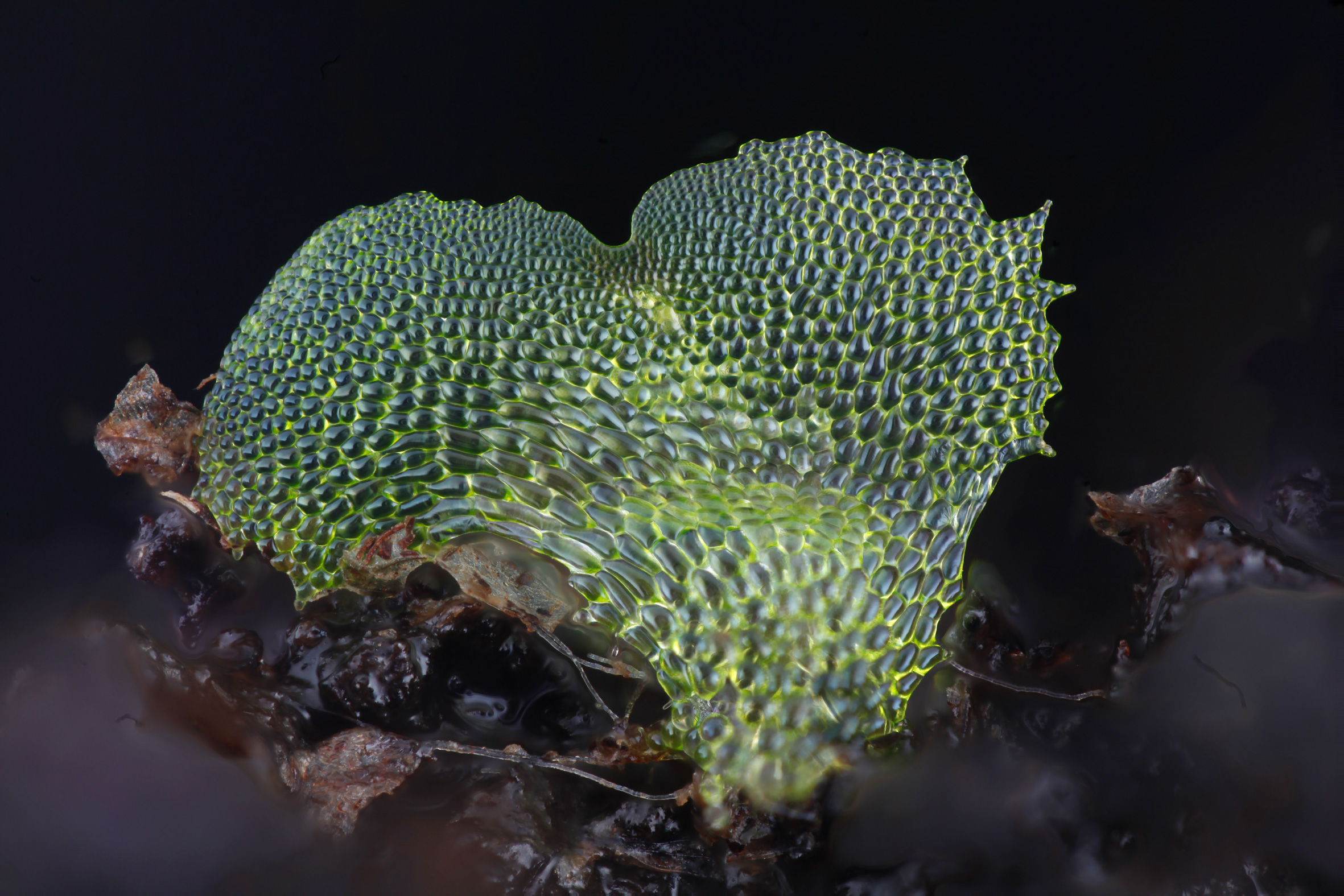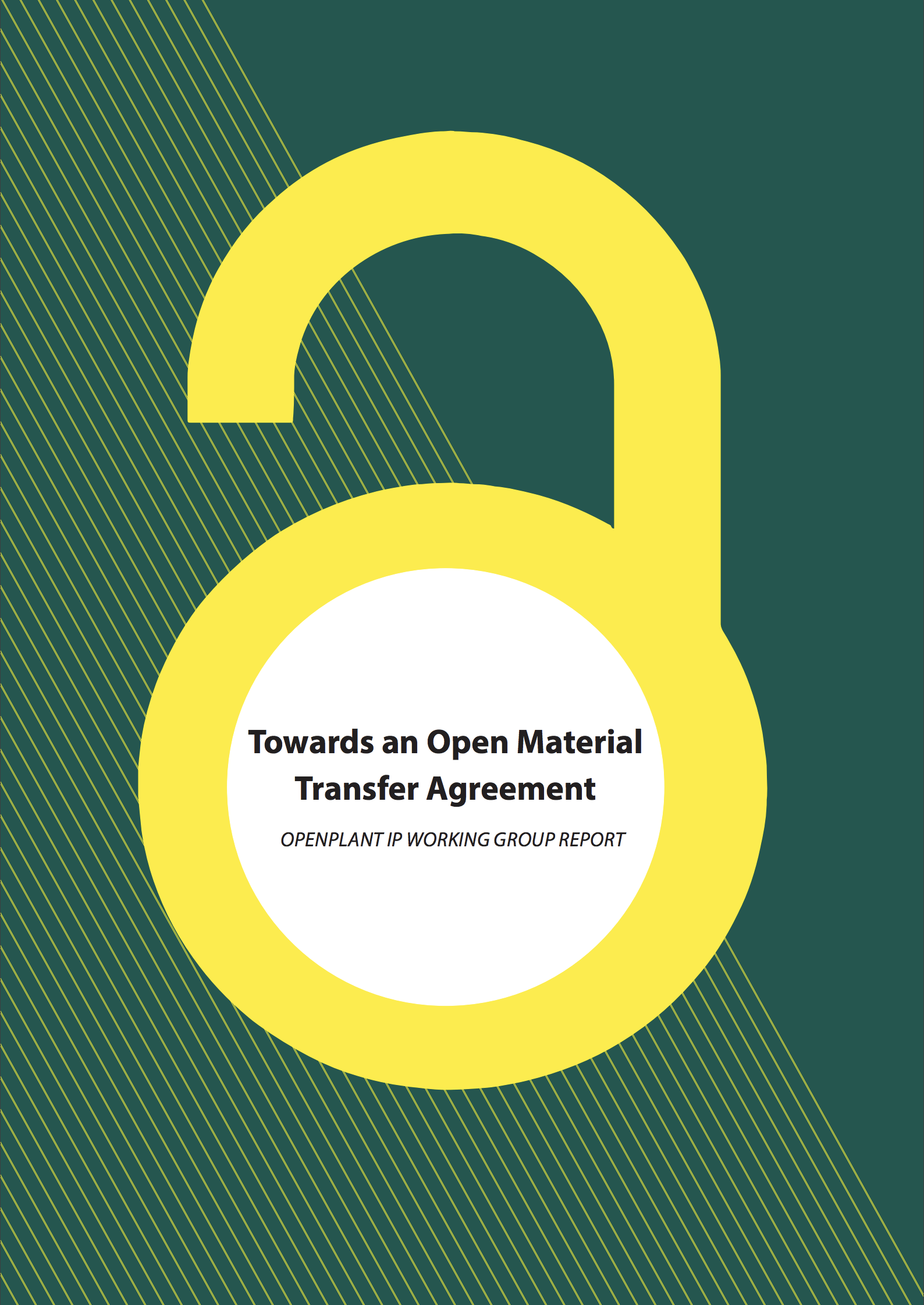Lecturer or Senior Lecturer in Synthetic Biology (vacancy ref: 042732)
We seek an excellent scientist and inspiring teacher who uses synthetic biology methods in research programmes such as genome engineering, biotechnology, metabolic engineering, genetic circuit design and engineering (both in vivo and cell free), bio-sensing, multi-cellularity and tissue engineering, regenerative medicine, novel vaccine development or addresses key questions in molecular or cell biology. The Edinburgh Genome Foundry’s facilities for automated DNA assembly can support large-scale synthetic biology and synthetic genomics research and we would be particularly enthusiastic about research programmes that took advantage of these capabilities.
Closing date – March 22nd
Contact – Prof Susan Rosser (Susan.Rosser@ed.ac.uk)
Lecturer in Biological Mass Spectrometry (vacancy ref: 042692)
We seek an excellent scientist and inspiring teacher who applies mass spectrometry (MS) in innovative ways to tackle major challenges in biology. We are looking for researcher who is addressing key questions in areas such as cell biology, structural biology, immunology, microbiology, biotechnology or systems biology, by exploiting the unique sensitivity, accuracy and resolving power of modern and emerging MS techniques.
Closing date – April 5th 2018
Contact – Prof Paul Barlow (Paul.Barlow@ed.ac.uk)
Lecturer in Computational Biology (vacancy ref: 042673)
We seek an excellent scientist and inspiring teacher who uses and develops computational and modelling techniques to address key questions in biology. We welcome applications from researchers in all areas of computational biology, and we are particularly looking for those working in the following fields: metabolism, such as the application of flux balance analysis and the analysis and interpretation of data from metabolomics and fluxomics experiments; multi-scale modelling of biological systems, including formal modelling techniques and stochastic modelling; and data science approaches to biological research, including the analysis of data from next generation sequencing.
Closing Date - 13th March 2018
Contact – Prof Peter Swain or Prof Guido Sanguinetti (Peter.swain@ed.ac.uk or gsanguin@inf.ed.ac.uk)
Lecturer in Stem cell Biology (vacancy ref 042667)
We seek an excellent scientist and inspiring teacher who addresses key questions in stem cell biology or developmental biology that are directly relevant to stem cell or regenerative biology. We particularly encourage applications from candidates who employ single cell or synthetic approaches
Closing Date – April 10th
Contact – Prof Donal O’Carroll Donal.ocarroll@ed.ac.uk
Lecturer in Molecular Crop Science (vacancy ref: 042668)
We seek a creative scientist and inspiring teacher who applies molecular approaches to address important fundamental and translational questions in plant biology that are relevant to crop improvement and food security.
Closing Date – March 15th
Contact – Prof Andrew Hudson (Andrew.hudson@ed.ac.uk)
Lectureship in Biochemistry (vacancy ref 042671)
This four-year lectureship position offers an outstanding opportunity to develop an independent teaching and research programme. We seek an excellent scientist and inspiring teacher to join a group of successful scientists with teaching and research interests across RNA and cell biology, synthetic biology, systems biology, biochemistry and biotechnology. At Edinburgh we emphasise cross-disciplinary thinking in a collaborative and well-supported environment. You will benefit from this to build your own portfolio of research and scholarship. You will make an important contribution to the development and delivery of high-quality and inspirational undergraduate and postgraduate teaching, including the opportunity to develop eLearning and on-line education initiatives. You will have a PhD in a relevant area of biology or chemistry and a published record of research, along with a successful track record of developing innovative and engaging teaching.
Closing Date – March 6
Contact – Prof Paul Barlow (paul.barlow@ed.ac.uk)
For all roles, please apply online at vacancies.ed.ac.uk

![[Closes 24 Nov 2107] Apply now to the OpenPlant Fund!](https://images.squarespace-cdn.com/content/v1/54a6bdb7e4b08424e69c93a1/1509564315902-TUO4I6QRWI9TT8UGSIAJ/OpenPlantTwitter_400x400+%281%29.jpg)

![[Closes 7 Mar 2017] OpenPlant Research Associate (Haseloff Lab)](https://images.squarespace-cdn.com/content/v1/54a6bdb7e4b08424e69c93a1/1486552818859-FH76MCA8SMFU93WB85RX/OpenPlantTwitter_400x400.jpg)










